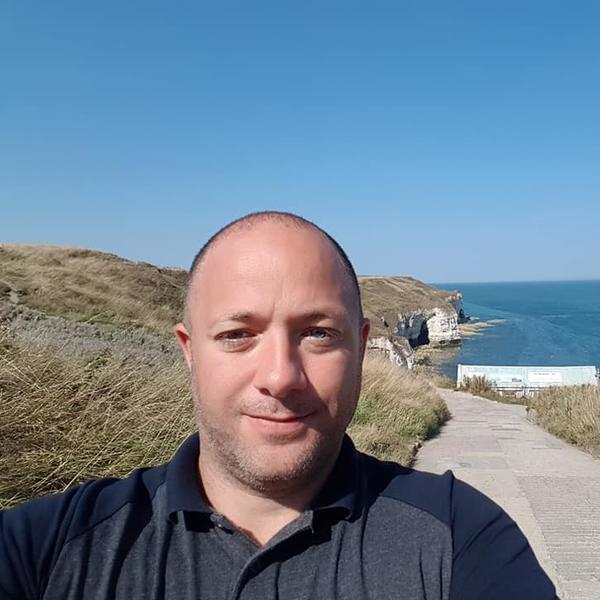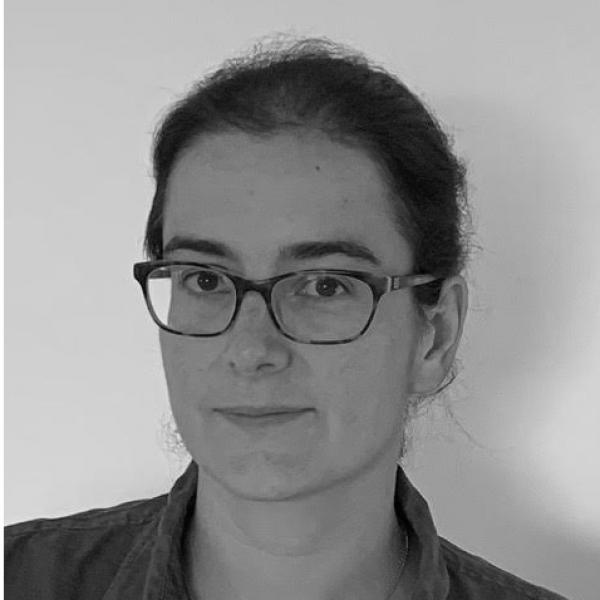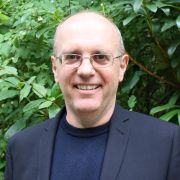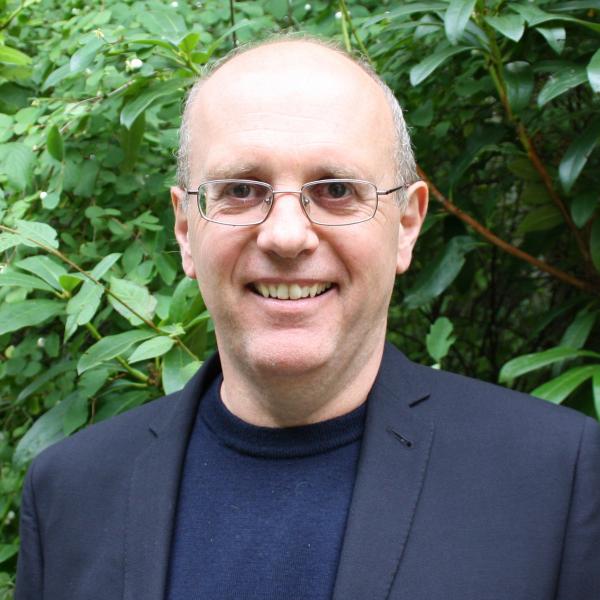Accessibility Of Medical Products For Rare Diseases In The UK - from patients’ perspectives
Jin Ding launches a new project examining patients' access to orphan drugs (medicines for rare disease) in the UK - from patients’ own perspectives, as part of the Research England Participatory Research strand.

Accessibility Of Medical Products For Rare Diseases In The UK - from patients’ perspectives
A rare disease is defined as a condition that affects a small number of patients, less than 1 in 2000 people. Rare diseases have a severe impact on the life quality of patients. Over 7000 rare diseases have been identified globally, but most rare diseases are without effective treatments. Orphan drugs are medical products intended for the treatment of rare diseases.
Problems
According to our ongoing research, since the enactment of orphan drug legislation in the EU in 2000 up to 2020 the number of approved orphan drugs in the EU was around a third of the number in the USA. The gap between the EU and USA has been continually increasing since 2010. Orphan drugs which are centrally authorised in the EU have to be assessed on pricing and reimbursement before the drug is available to patients. Yet only one-third of EU authorised drugs are recommended by NICE. Thus the medical needs of UK rare disease patients are potentially underserved compared to the USA and some EU countries.
Previous studies about orphan drug accessibility investigated market access and reimbursement, but not from the patients’ perspective. Our proposed project places an emphasis on involving patients as active and equal participants in the formulation of research questions and as external advisors on policy recommendations, which provides an alternative to traditional research approaches. To recognise the experience, needs, and preferences of rare disease patients without access to treatments, this participatory research project focuses on:
- Identifying problems: What is the position of UK orphan drug accessibility? Which issues are prioritised by patients?
- Assessing impact: What are the implications of inaccessibility for UK rare diseases patients?
- Informing policy: What are the roadblocks that need to be addressed to improve patient access?
Aims
The research will use a combination of research methods including the a survey, semi-structured interviews and a workshop. Key aims are to:
- Identify rare disease patients without treatments in the UK via an online sample survey and talking to patient organizations at rare disease conferences. Through this, we will develop and build ongoing collaborations with relevant patient groups, and produce a collective understanding of the main challenges of access to orphan drugs in practical terms.
- Investigate the impact that lack of treatment can have on patients’ day to day lives through semi-structured interviews.
- Understand challenges and opportunities of the patient engagement with regulators to improve access through an online horizon scanning workshop.
Our team:
- Principal Investigator
- Co-Investigators
With research support from Charoula Veneti

iHuman
How we understand being ‘human’ differs between disciplines and has changed radically over time. We are living in an age marked by rapid growth in knowledge about the human body and brain, and new technologies with the potential to change them.








